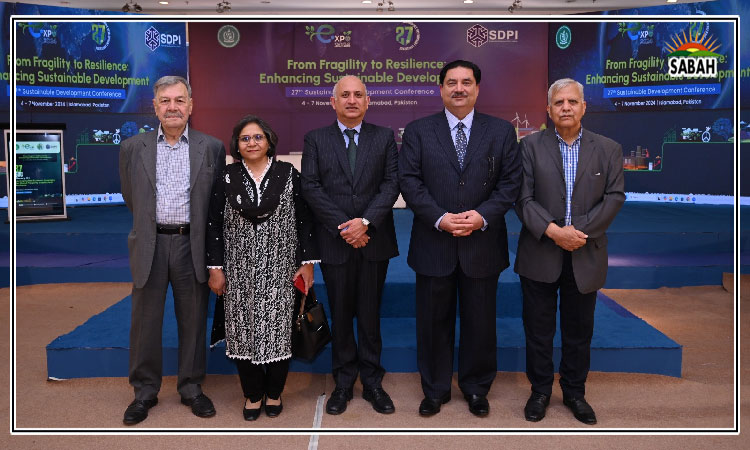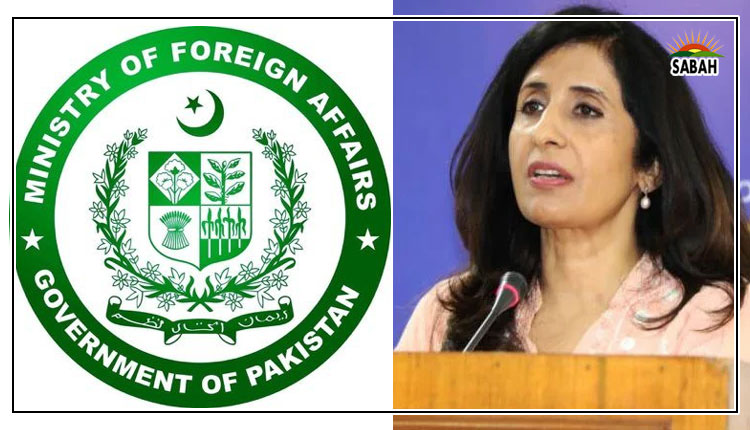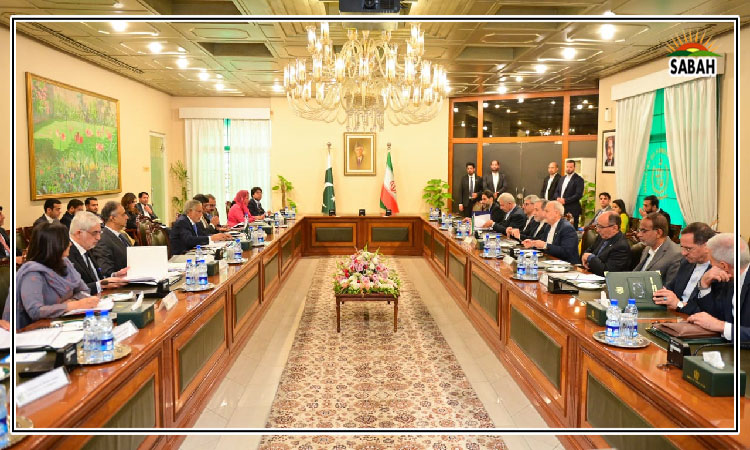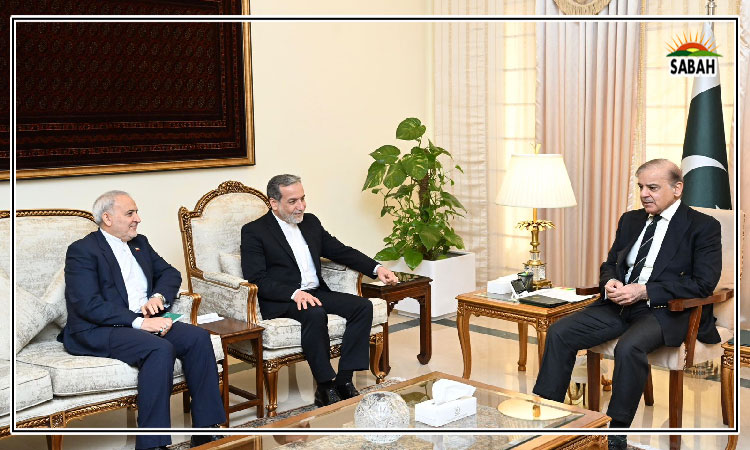India’s Privately Launched Rocket By Zohaib Altaf
In 1996, Colin Grey asked a crucial question, where is the theory of space power? In 2020, Bleddyn E. Bowen, in his book War in Space: Strategy, Space Power and Geopolitics, answered this question and gave the theory of space power. His book argued that space warfare is a genuine prospect due to the dependence on military weapon systems, astuteness, logistics, and economics. Presidential candidate John F. Kennedy in an interview with the magazine Missiles and Rockets in October 1960, verbalized that if the Soviets control space they can control earth, as in past centuries the nation that controlled the seas has dominated the continents. Due to the significance of space, India is also enlarging its space reach.
On November 18, the first private rocket, Vikram was launched from the Indian Space Agency launch site near Chennai. This rocket which Pararmbah designates start, peregrinated in an arc and reached an altitude of 89.5 km. Albeit this rocket failed to at the altitude of 100 km, which dissevers earth from outer space, it was a prosperous endeavor of India to include its private sector in space. Due to the importance of space power and the BJPs close connection with billionaires, this private rocket launch could not be ignored.
India is endeavoring to take the private sector on board in space technology because India cannot compete with the leading powers without the private sector and is endeavoring to emulate the US in regard where Space X and other companies are additionally sending their commercial rockets into space. In 2019, India joined a few countries with the faculty to target satellites. Indias space militarization primarily consists of the GSAT-6 and GSAT-7 satellites; furthermore, India has RISAT-2BR1 (Radar imaging satellite).
In addition, in 2020, the US and India signed the Basic Exchange and Cooperation Agreement on Geospatial Cooperation (BECA), which will sanction India for accessing US satellite data. It will enable India to make its missiles more precise. Consequently, incrementing space presence can avail countries of getting the upper hand on the ground.
Through this recent launch, India is taking its private sector on board to increment its power in space because, in the future, India can utilize expertise gained from the private sector and its finances to increment its presence in space as well bolster its position on the ground. Gaining the upper hand in space can further embolden India to pursue its revisionist designs against Pakistan. It can allow India to pursue a counterforce operation against Pakistan, which will have negative implications for the strategic stability of South Asia.
Since the BJP has come into power, it has endeavored to harm and destabilise Pakistan in every way. Modi always had an ideology-driven hate against Pakistan, and had a close relationship with billionaires in India. Billionaires and BJP have a close relationship with each other. For instance, Indias richest persons affluence doubled in the first four years of the Modi regime, and even Modi appeared in an advertisement when it first launched a company.
Thus, it is conspicuous that Indian billionaires always have a cozy relationship with the Modi regime. Ergo, a privately launched rocket of India, will not be independent without the influence of the BJP or the government. It is just another endeavor of India to increment its presence in space to pursue its agenda of aggression against Pakistan and regional hegemony.
Hence, it is the desideratum of the hour for Pakistani policymakers to consistently examine Indian activities in space. The world bellwethers should forbear appreciating India for incrementing its space power; instead, they should put a moratorium on Indias space program to prevent the region from going towards destabilization.
Courtsey The Nation












